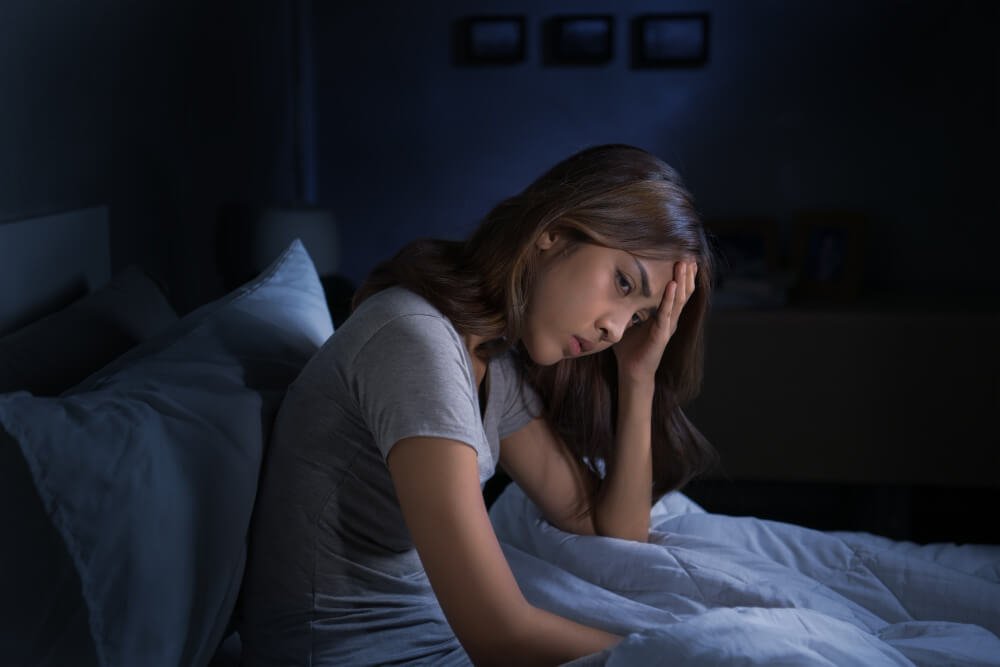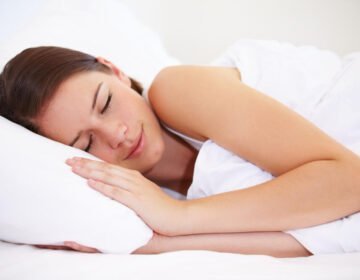
Sleep deprivation, how long can you go without sleep?
Without sleep, the longest recorded time is about 264 hours, or simply over eleven consecutive days. Although it’s uncertain precisely how lengthy people can live to tell the tale without sleep, it isn’t lengthy earlier than the outcomes of sleep deprivation begin to show.
After the best 3 or 4 nights without sleep, you may begin to hallucinate. Prolonged sleep deprivation can lead to:
- cognitive impairments
- irritability
- delusions
- paranoia
- psychosis
Although death from sleep deprivation is infrequent, it could take place.
Read directly to discover how staying wakeful for a complete 24 hours or extra can affect your body and what kind of sleep you want to function.
What to assume after 24 hours without sleep
Missing 24 hours of sleep isn’t uncommon. You would possibly omit sleep nighttime to paintings, cram for a test, or contend with an unwell child. While it is probably unsightly to live up all night time, it won’t significantly affect your typical fitness.
Still, lacking a night time of sleep does affect you. Studies have in comparison 24-hour wakefulness to having a blood alcohol attention of 0.10 per cent. Likewise, this is above the prison restriction to pressure in maximum states.
Some outcomes of going 24 hours without sleep include:
- drowsiness
- irritability
- impaired decision-making
- impaired judgement
- altered perception
- reminiscence deficits
- imaginative and prescient and listening to impairments
- reduced hand-eye coordination
- improved muscle tension
- tremors
- improved hazard of injuries or close to misses
Symptoms of 24-hour sleep deprivation generally depart as soon as you’ve had a few shut-eye.
What to assume after 36 hours without sleep
Staying wakeful for simply 36 hours may have severe outcomes for your frame.
Your sleep-wake cycle enables you to alter the discharge of positive hormones, along with cortisol, and insulin. As a result, going without sleep for a prolonged period can regulate numerous physical features.
This consists of your:
- urge for food
- metabolism
- temperature
- mood
- strain degree
Some outcomes of going 36 hours without sleep include:
- excessive fatigue
- hormonal imbalances
- reduced motivation
- volatile decisions
- rigid reasoning
- reduced attention
- speech impairments, inclusive of wrong phrase preference and intonation
What to assume after 48 hours without sleep
After nights of overlooked sleep, maximum people have a problem staying wakeful. They would possibly revel in durations of mild sleep that could last as long as 30 seconds. During these “microsleeps,” the mind is in a sleeplike state. Microsleeps take place involuntarily. After a microsleep, you may experience careworn or disoriented.
Staying wakeful for forty-eight hours additionally disrupts the immune system. Inflammatory markers, which assist your frame save you and goal illnesses, begin to flow at improved levels. Moreover, some research has proven that herbal killer (NK) molecular interest decreases sleep deprivation. NK cells reply to on the spot threats for your fitness, including viruses or bacteria.
What to assume after 72 hours without sleep
After seventy-two hours without sleep, maximum people revel in an incredible urge to sleep. Many are not able to live wakeful on their own.
Going three days without sleep profoundly limits the cap potential to think, particularly govt features including multitasking, remembering details, and paying attention. Likewise, this degree of sleep deprivation could make it hard to look for easy responsibilities via completion.
Emotions also are affected. People who’ve gone through this stage of sleep deprivation can be without problems irritated. They might also revel in a depressed mood, anxiety, or paranoia. Research has also found that sleep deprivation makes it hard to method others’ emotions. Likewise, in one study, members with 30 hours of sleep deprivation had problems spotting indignant and glad facial expressions.
Finally, numerous days of sleep deprivation can notably regulate perception. You would possibly revel in hallucinations, which arise while you see something that isn’t there. Illusions also are common. Illusions are a misinterpretation of something real. An instance is seeing a signal and questioning it’s a person.
Can food and water consumption have any impact on this?
Sleep deprivation can extrude your urge for food and the varieties of ingredients you crave. Likewise, studies advocate that sleep deprivation is related to an improved urge for food and an enhanced preference for elements related to weight gain. However, eating empty energy can depart you extra tired in the end.
Eating correctly might also offset a number of the outcomes of sleep deprivation, however best to an extent. Since your frame retains energy, choose lean, protein-wealthy ingredients, including nuts and nut butter, cottage cheese, or tofu. Avoid fatty proteins, inclusive of steak or cheese. These will make you sleepier.
Dehydration can exacerbate sleep deprivation outcomes—including grogginess and problem concentrating — so it’s also critical to drink masses of water.
What if sleep deprivation becomes chronic?
Chronic partial sleep deprivation is when you don’t get sufficient sleep on an everyday basis. It’s unique than pulling an all-nighter as soon as in a while. It’s extraordinary than lacking one or night of sleep in a row, as maximum people are probably to sleep for as a minimum some hours in step with the night time.
The Centers for Disease Control and Prevention (CDC) file that 35 per cent of American adults don’t get sufficient sleep in step with the nighttime. Chronic partial sleep deprivation is related to each brief-time period fitness dangers and lengthy-time period complications.
Not getting sufficient sleep over a brief period, inclusive of a week, might also additionally cause:
- anxiety
- risky mood
- drowsiness
- forgetfulness
- problem concentrating
- problem staying alert
- cognitive impairments
- reduced overall performance at paintings or school
- improved hazard of infection or injury
Moreover, no longer getting sufficient sleep can lessen immune functioning and boost your hazard of favourable fitness conditions in a lengthy period. These include:
- excessive blood pressure
- coronary heart disease
- stroke
- obesity
- kind two diabetes
- intellectual infection
Conclusion
It isn’t clear how long people can live to tell the tale without sleep. But it’s miles clean that excessive signs and symptoms can start in as low as 36 hours. This includes a discounted cap potential to think, bad decision-making, and speech impairment.
Pulling an all-nighter as soon as each couple of months probably won’t do any lengthy-time period damage. But if they’re occurring extra often — deliberately or now no longer — speak for your physician.
If you’re staying wakeful out of necessity, your physician can be capable of providing recommendations on the way to achieve this withinside the top fitness-aware way. Otherwise, your physician can get to the foundation of your signs and symptoms and assist you in getting your sleep schedule again on track.















